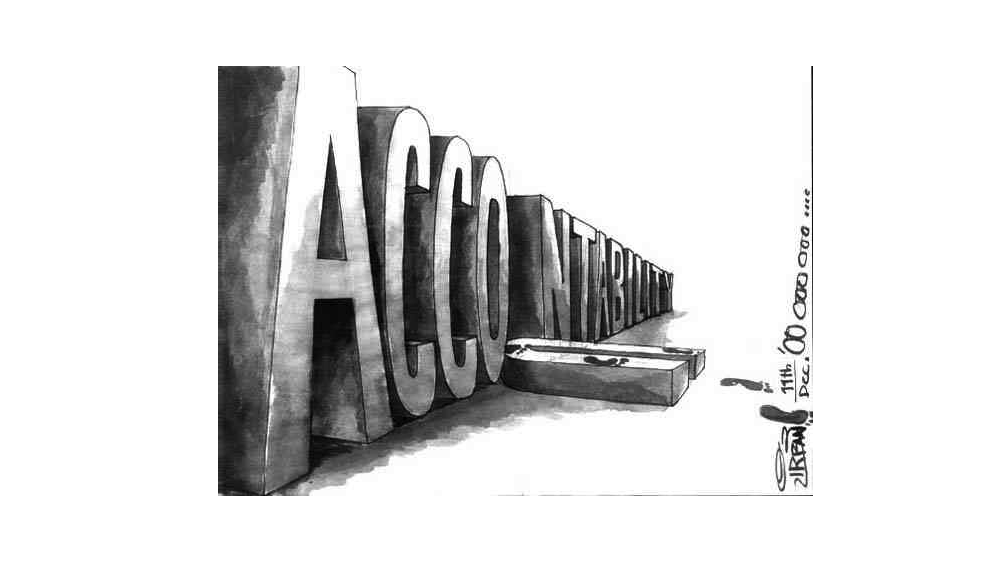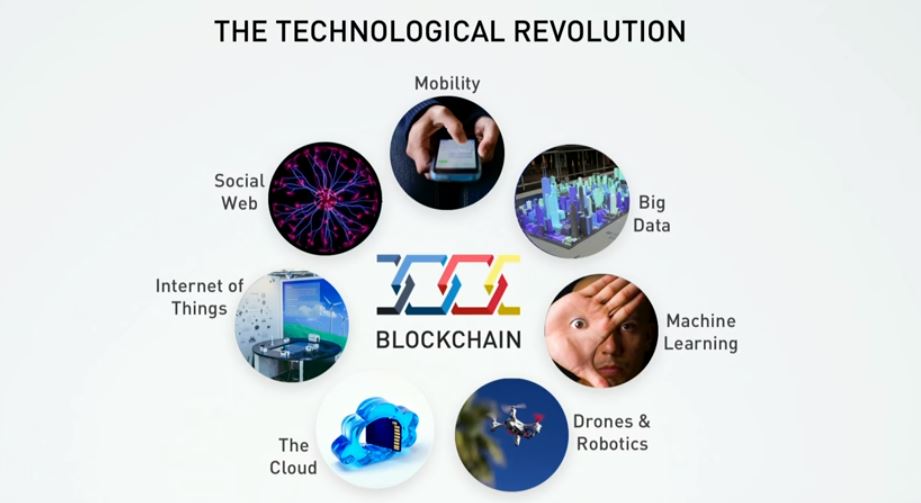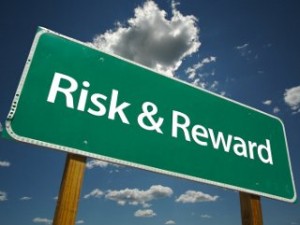 Risk and Reward/Predicting Cash-Flow: Investors think as much about risk as they do reward. Most people tie their investments to resources, expecting them to grow, and with it, their own rewards. Where rewards are expressed in percentage growth, risks are harder to characterize. Guessing a company’s future cash-flow involves looking at past revenue, you then make reasonable assumptions based on how the new product will fair or how their rivals will be purchased. A dollar today is worth more than a dollar in a year’s time so if I buy a one-year bill that promises 5% interest, you will have $1.05 next year. Whereas a dollar next year is just a dollar. If I want a dollar next year, I could buy 95.2% worth and have the 4.8% to spend. This works with the federal government but a company or angel investor can expect to demand a higher return to compensate for the risk of their capital. The next step is to determine what the return on investment would be for these investors. Opportunity costs; it’s better to invest in an apartment than a stock. Apartments are illiquid, and it is much easier to trade in and out of other investments. Savings have low returns because they are highly liquid. If you tied up your money for a long period, it would bring about higher returns. Imagine a house party where you are going to meet the person of your life. If you didn’t go to that house party, then you would have missed out and the risk is enormous. Risk is actually not just the possibility of a bad thing happening, but of something good not happening.
Risk and Reward/Predicting Cash-Flow: Investors think as much about risk as they do reward. Most people tie their investments to resources, expecting them to grow, and with it, their own rewards. Where rewards are expressed in percentage growth, risks are harder to characterize. Guessing a company’s future cash-flow involves looking at past revenue, you then make reasonable assumptions based on how the new product will fair or how their rivals will be purchased. A dollar today is worth more than a dollar in a year’s time so if I buy a one-year bill that promises 5% interest, you will have $1.05 next year. Whereas a dollar next year is just a dollar. If I want a dollar next year, I could buy 95.2% worth and have the 4.8% to spend. This works with the federal government but a company or angel investor can expect to demand a higher return to compensate for the risk of their capital. The next step is to determine what the return on investment would be for these investors. Opportunity costs; it’s better to invest in an apartment than a stock. Apartments are illiquid, and it is much easier to trade in and out of other investments. Savings have low returns because they are highly liquid. If you tied up your money for a long period, it would bring about higher returns. Imagine a house party where you are going to meet the person of your life. If you didn’t go to that house party, then you would have missed out and the risk is enormous. Risk is actually not just the possibility of a bad thing happening, but of something good not happening.
Category Archives: Business
Lessons from a Masters In Business Administration: Beta Measures
 Beta Measures: describes the risk of a stock. A beta of 1 implies that the stock, on average, tracks the market perfectly. If the market goes up 5% so does the stock. Beta 1.5 would mean the stock goes up 7.5% or if the market goes down, the stock goes down by -7.5%. Therefore, a low beta stock is less volatile than the market. So starting your own company is high-beta, and working in a consultancy is low-beta.
Beta Measures: describes the risk of a stock. A beta of 1 implies that the stock, on average, tracks the market perfectly. If the market goes up 5% so does the stock. Beta 1.5 would mean the stock goes up 7.5% or if the market goes down, the stock goes down by -7.5%. Therefore, a low beta stock is less volatile than the market. So starting your own company is high-beta, and working in a consultancy is low-beta.
Note however that there are skeptics like Warren Buffett because a perfectly good company with strong revenues, low costs, and a sustainable competitive advantage might one day have the CEO kill herself. Suddenly it is a high beta stock. So beta is not a good way of measuring a business’ value. Alpha is a better measure. Warren Buffett is good at what he does, he found his alpha. It is basically the value add that one person gets over another person that does the exact same thing. Picking the right investments, and bundling them together is all about finding companies that have that alpha.
To gauge if a company is worth investing in, you should ask: do they work hard? Are they honest? Likable? Creative? Entrepreneurial? Do they spend more than they earn? Are they mortgaged to the hilt? What if they lost their job tomorrow? Would they find another one quickly? Look at how they prioritize their spending, and you will see how they prioritize their life.
 How To Think In Consultancies: you need to reach big conclusions from a handful of numbers. You have tylenol sales from one store, and the number of people who use the store, then the number of (as a percentage) people who live in the area, then apply it nationally. And you gross the sales at that original store to get a national estimate of Tylenol sales. That’s how you have to think in a consultancy.
How To Think In Consultancies: you need to reach big conclusions from a handful of numbers. You have tylenol sales from one store, and the number of people who use the store, then the number of (as a percentage) people who live in the area, then apply it nationally. And you gross the sales at that original store to get a national estimate of Tylenol sales. That’s how you have to think in a consultancy.
[This is a synopsis of several books on the MBA experience including What They Teach You At Harvard Business School by P.D. Broughton]
Lessons from a Masters In Business Administration: Leadership and Corporate Accountability Class
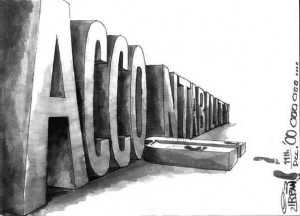 Leadership and Corporate Accountability Class: Leadership & Corporate Accountability Classes teach MBAs to avoid chasing money down sewers. Ethical moments do not come with labels. M x F = D which means that a court decision (D) is the product of a legal model (M) and the facts (F). Is bluffing true ethics? Business seems to be about playing with a set of rules, and not seeking the higher ground. If you found out that hackers had broken into your credit card system you are obligated to tell your customer immediately. If you are bluffing your business with people’s lives in the balance, you are breaking an ethical code in many peoples opinion…think Jeff Skilling at ENRON. HBS shoulders a lot of blame over the years in business, so they have tried to quantify ethics, and leadership to counter-act this problem. People are taught accounting on the condition that they do not then manipulate their company’s earnings or minimize taxes to such an extent that it amounts to crime or ethical problems.
Leadership and Corporate Accountability Class: Leadership & Corporate Accountability Classes teach MBAs to avoid chasing money down sewers. Ethical moments do not come with labels. M x F = D which means that a court decision (D) is the product of a legal model (M) and the facts (F). Is bluffing true ethics? Business seems to be about playing with a set of rules, and not seeking the higher ground. If you found out that hackers had broken into your credit card system you are obligated to tell your customer immediately. If you are bluffing your business with people’s lives in the balance, you are breaking an ethical code in many peoples opinion…think Jeff Skilling at ENRON. HBS shoulders a lot of blame over the years in business, so they have tried to quantify ethics, and leadership to counter-act this problem. People are taught accounting on the condition that they do not then manipulate their company’s earnings or minimize taxes to such an extent that it amounts to crime or ethical problems.
 Lavish Executive Compensation: mediocre CEOs in the US and Europe are habitually paying themselves as if they are entrepreneurs or athletes. Is this wrong? Friedman hated the idea of companies donating to museums or sending employees to work in homeless shelters. That is robbing shareholders. Companies have a moral and economist purpose. The best employees want to work for good companies with good cultures, not just maximizing ones.
Lavish Executive Compensation: mediocre CEOs in the US and Europe are habitually paying themselves as if they are entrepreneurs or athletes. Is this wrong? Friedman hated the idea of companies donating to museums or sending employees to work in homeless shelters. That is robbing shareholders. Companies have a moral and economist purpose. The best employees want to work for good companies with good cultures, not just maximizing ones.
[This is a synopsis of several books on the MBA experience including What They Teach You At Harvard Business School by P.D. Broughton]
Music Industry as an Analogy for Public Policy development
What Frank Zappa said about music resonates in other verticals:
Imagine public policy is set in a similar manner to musical tastes in the 1960s. The artist in this case is the sponsor/formulator of the policy and the music executive is the facilitator who oversees the process of implementing, distributing the policy to a jurisdiction. Then they observe objectively the performance of the policy and say, hm, this is working or this is not working. Tons of caveats which I can address when I have more time around (objective accounting for policy performance) but the music industry analogy seem like a worthy one.
The danger is that some know-it-all comes in and guides which policies should be implemented and which should not be implemented. All on deducitve reasoning, ideologically frameworks rather than testing. Management retains their value by controlling the process of formulation more intrinsically. The current model has it set in this manner, the legal elite set the policy deductively and perhaps ideologically. “I know what the kids want these days.” And in the same sense, these know-it-alls have climbed the ranks as career politicians and know how they system works. Then pity those who don’t know how the system works as a power argument. Instead, the facilitators should let the free market of ideas flourish rather then control and horde power. I know, it’s a bit of stretch but Frank Zappa was on to something here.
Dan Tapscott’s Advocacy for Blockchain Applications
Cryptographers has been the middle men in the transaction logic of transactions. But these middle men take a large piece of the action. What if there was an internet of value. Amazing!
Bitcoin’s value goes up and down like a currency. Few people are actually using Bitcoin, but we need to disambiguate Bitcoin from blockchain. Trust is peer to peer through clever coding. So the ledger is explained by Tapscott and you’ve probably seen hundreds of diagrams of how blockchain works. The question is how useful will block chain be?
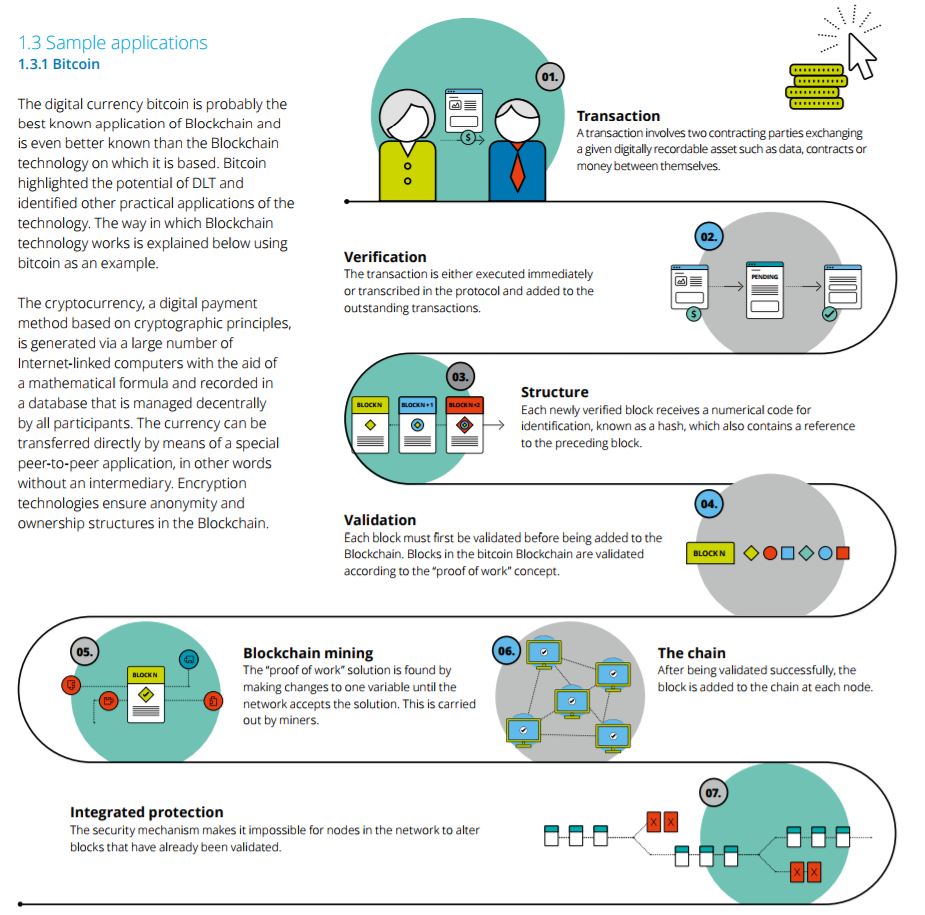
“Could we pre-distribute wealth?” Tapscott asks. Immutable contracts that cannot be destroyed or changed? I just wonder how many contracts are currently being destroyed because they aren’t encrypted. I wonder if a blockchain would cut out AirBnb from the value creation of sharing a room? I don’t fully buy his logic that by having something immutable, you necessarily don’t need to have an intermediary. Certainly, there is value in dealing with remittances. Blockchain could be used to protect our data about ourselves; instead of Google monetizing our data; instead of Google leveraging insights; you sell your data to the commercial entity before they can sell something to you? I think there is a logic problem here. On an emotional level, Tapscott gets the most cheers at this point, but I’m not sure I would want to pay for a search engine. Smart contracts: manages contracts? New model of democracy where politicians are accountable to citizens? Again, it’s not the ledger that solves the problem; it’s broader institutions. Overall, I’m excited about blockchain to encrypt information with fewer middle men but I’m not convinced (yet!) that it’s application is that broad. And blcokchain is painfully slow to process transactions! (I’m sure that could be fixed)



